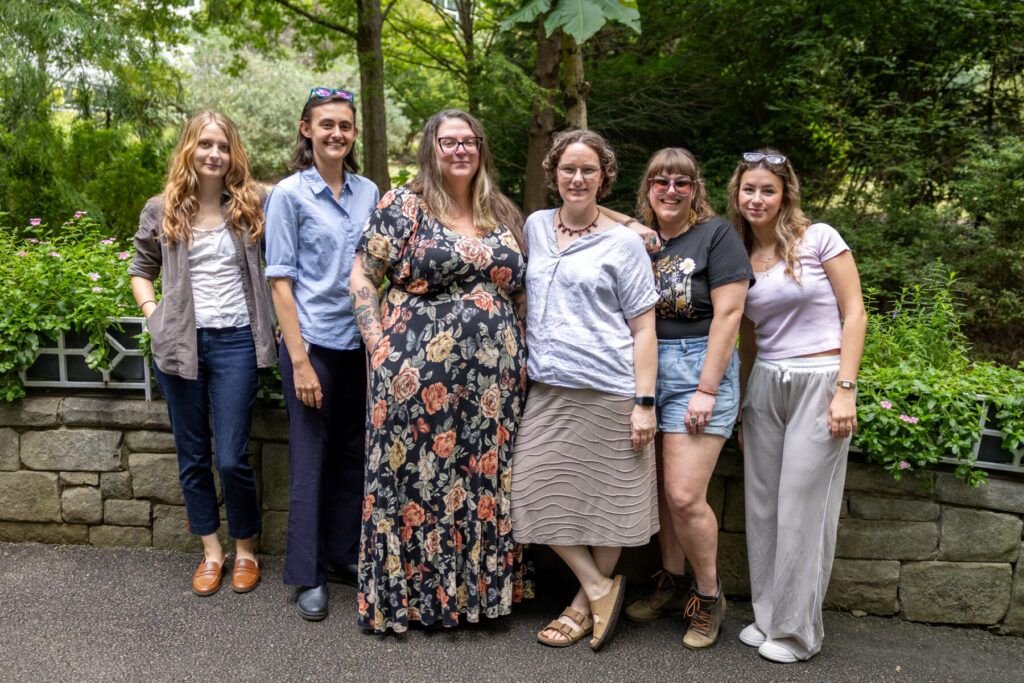

Dr. Shayla Salzman
Assistant Professor of Chemical Ecology
2019- 2023 NSF Postdoctoral Research Fellow in Biology, Neurobiology and Plant Sciences, Cornell University, Ithaca, New York
2019 Ph.D., Organismic and Evolutionary Biology, Harvard University, Cambridge, Massachusetts
2012 B.S., Genetics and Plant Biology, University of California, Berkeley, California
Support Staff & Post Doctoral Fellows

Gwen Bode, Research Associate
2023 – M.S., Biology, Chemical Ecology Focus, Syracuse University, Syracuse, New York
2016 – B.S., Biology, Botany Focus & Chemistry Minor, Eastern Washington University, Cheney, Washington
My master’s thesis explored the potential for plant-pollinator interactions mediated by fine-scale patterns of floral scent in the yucca-yucca moth mutualism. Prior to earning my M.S. I worked in industry, at an analytical testing laboratory. As the Salzman lab’s in-house phytochemist, I am interested in patterns of plant volatiles across a range of scales from fine- within flowers, cones, or across individuals- to landscape level variation.
Graduate Students
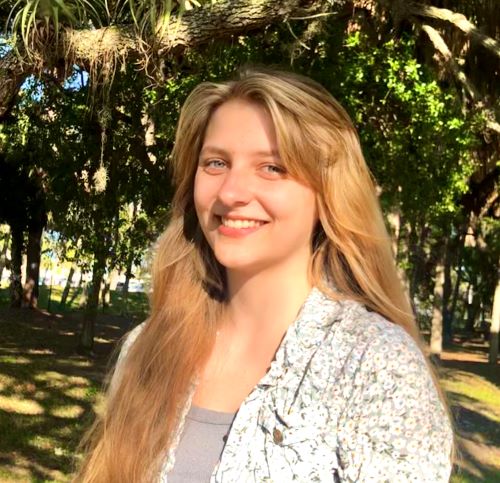
Piper Cole, PhD Student
2023 – B. A., Botany , Chemistry Minor, New College of Florida, Sarasota, Florida
My research background encompasses a diversity of plant families and botanical fields, from the phenology of a common Viola species in Missouri to the physiological response of xeric fern gametophytes to drought. I am excited to be pursuing a PhD in the Entomology program here at UGA, as my work has naturally expanded into the evolving field of plant-insect chemical ecology. My current work in the Salzman Lab deals with insect pollination within the Magnolia system and the evolution of this genus through a chemical and ecological lens.
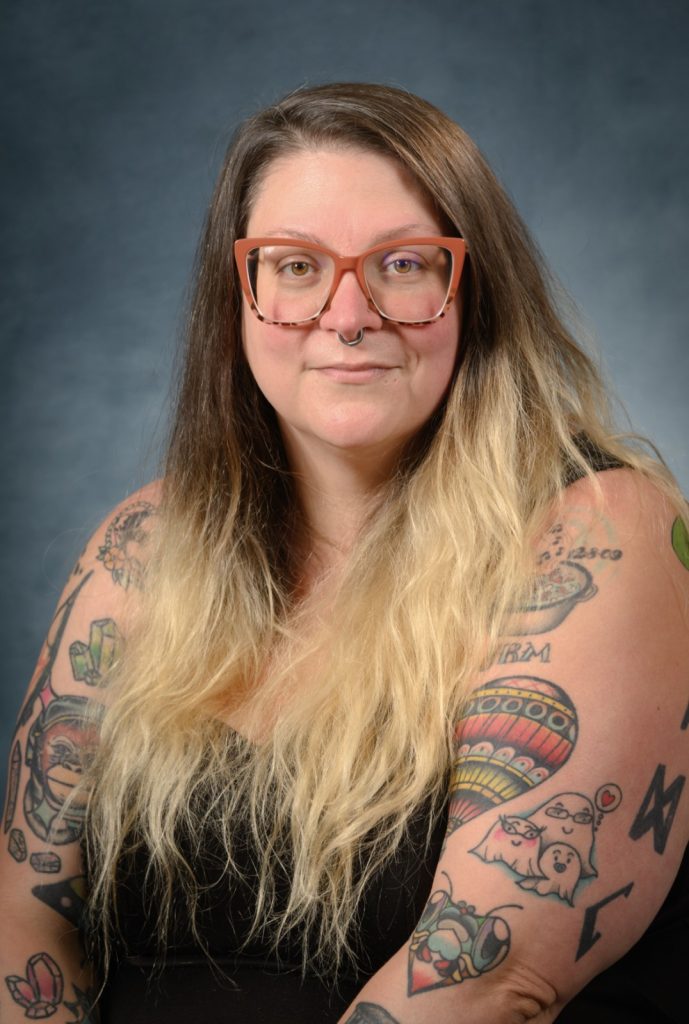
Teri Ramey, PhD Student
2024 – M.S., Environmental Science, Christopher Newport University, Newport News, Virginia
2020 – B.S., Biology, Ecology Focus & Conservation and Sustainability Minor, Old Dominion University, Norfolk, Virginia
My current research focus is insect ecophysiology in response to extreme and changing temperatures. I am exploring the relationship between thermal tolerance in insects and climate variation among ecoregions across a latitudinal gradient. I am also interested in the evolution of thermogenesis in plants. Finally, I am exploring the impact of education on people’s perception of insects.
My interests include: the impacts of urbanization on insect diversity; cycads, thermal tolerance; beetles; pollination ecology; thermogenic plants; education; and species range shifts and expansions.
Former COVES fellow (Virginia ASEM); Instructor of Record for Zoology and Botany labs (CNU), and Principles of Biology II (UGA); co-creator of Entomology for Educators (UGA).
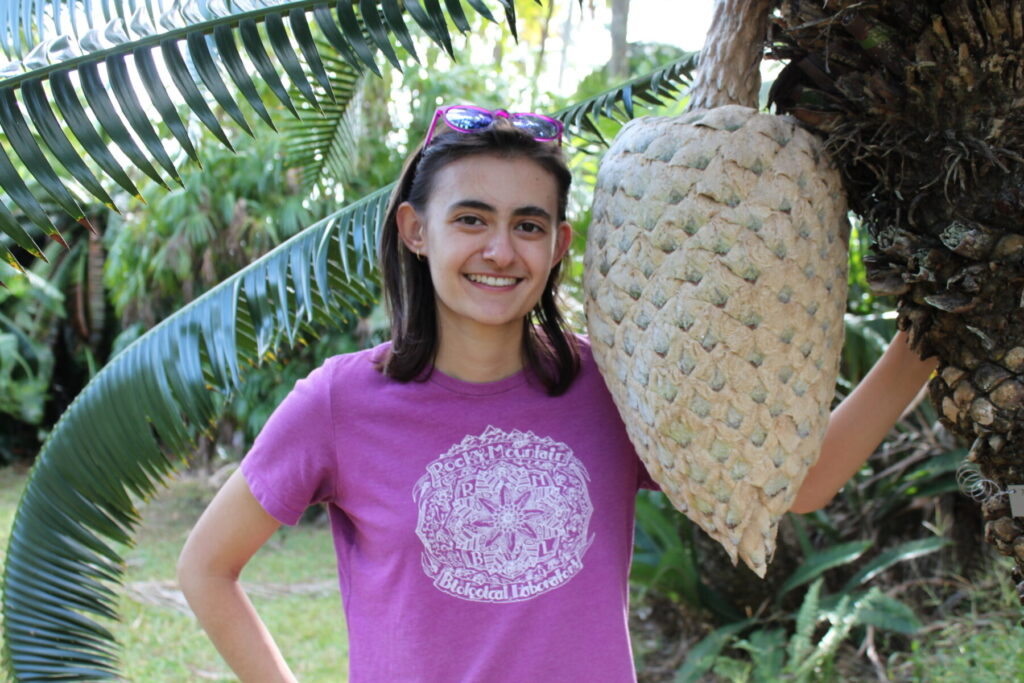
Jade Stryker, PhD Student
2023 – B. A., Biology , Chemistry Minor, New College of Florida, Sarasota, Florida
I am interested in exploring chemically mediated multi-trophic interactions. As I enjoy chemistry and ecology, my research experiences range from synthesizing and characterizing bidentate phosphine ligands and their metal complexes to studying microbial influence on plant-pollinator interactions in Colorado. Prior to UGA, I researched bacteria-mediated nutrient dynamics in an endangered air plant. In the Salzman lab, I am examining the signals and cues responsible for maintaining an obligate brood-site mutualisms in cycads.
Undergraduate Students
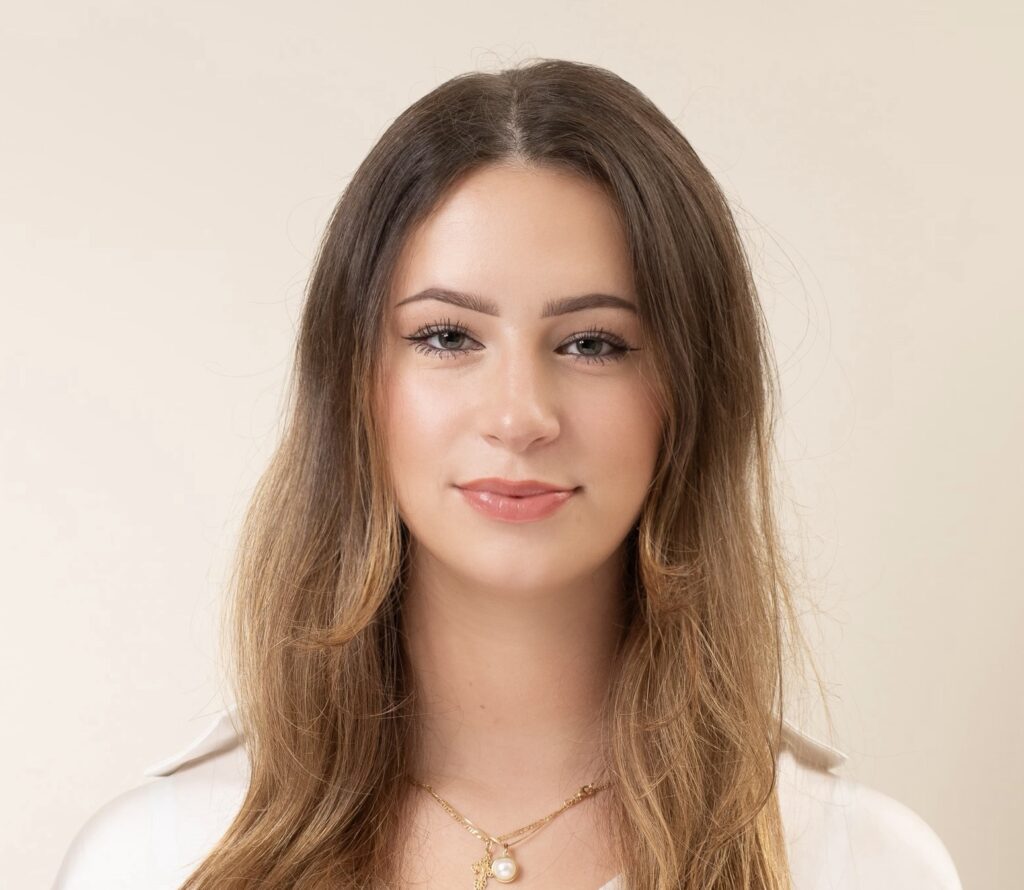
Aryna Simakovich
Spring 2027 (anticipated) – Biomedical Physiology , Infectious Disease Minor
Aryna is leading an independent project on the physiology and ecology of Black Fly Simulium vittatum, an important infectious disease vector.
Former Lab Members
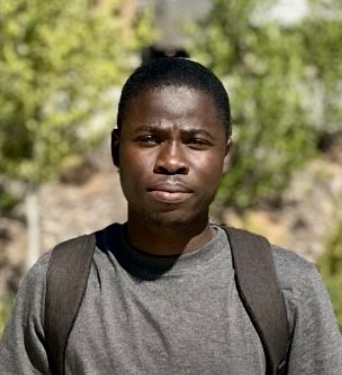
Mohammed Quarshie
2025 – M.S. Entomology, University of Georgia
Lab photos through the years
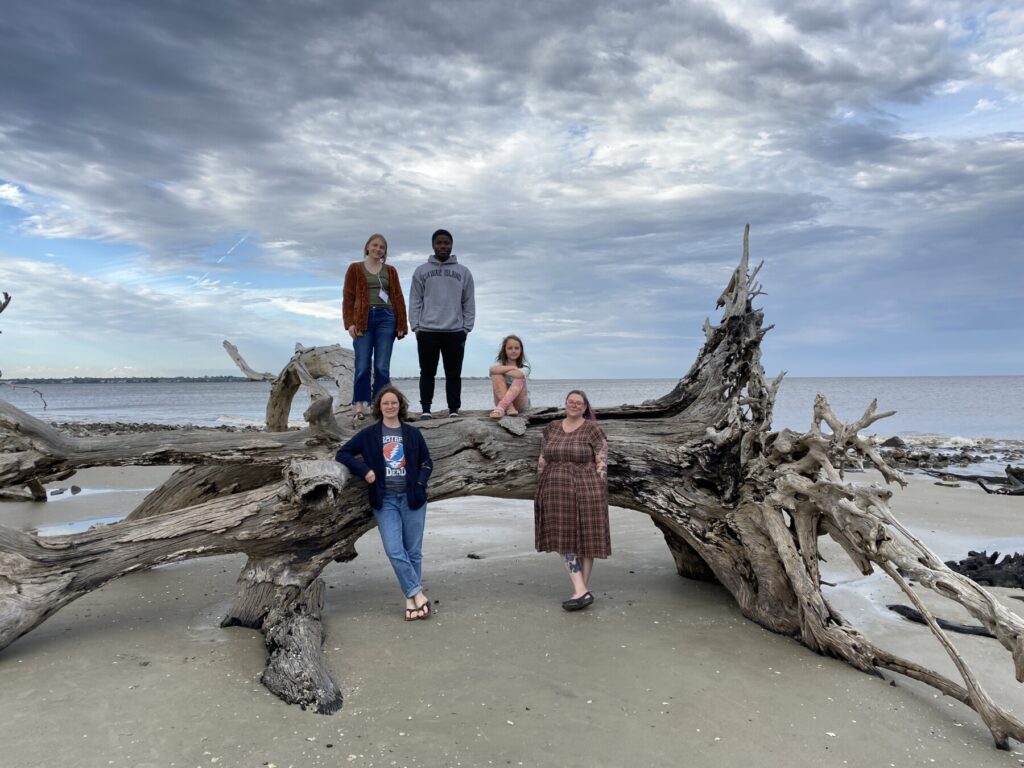
Spring 2024
Georgia Entomological Society Meeting on Jekyll Island
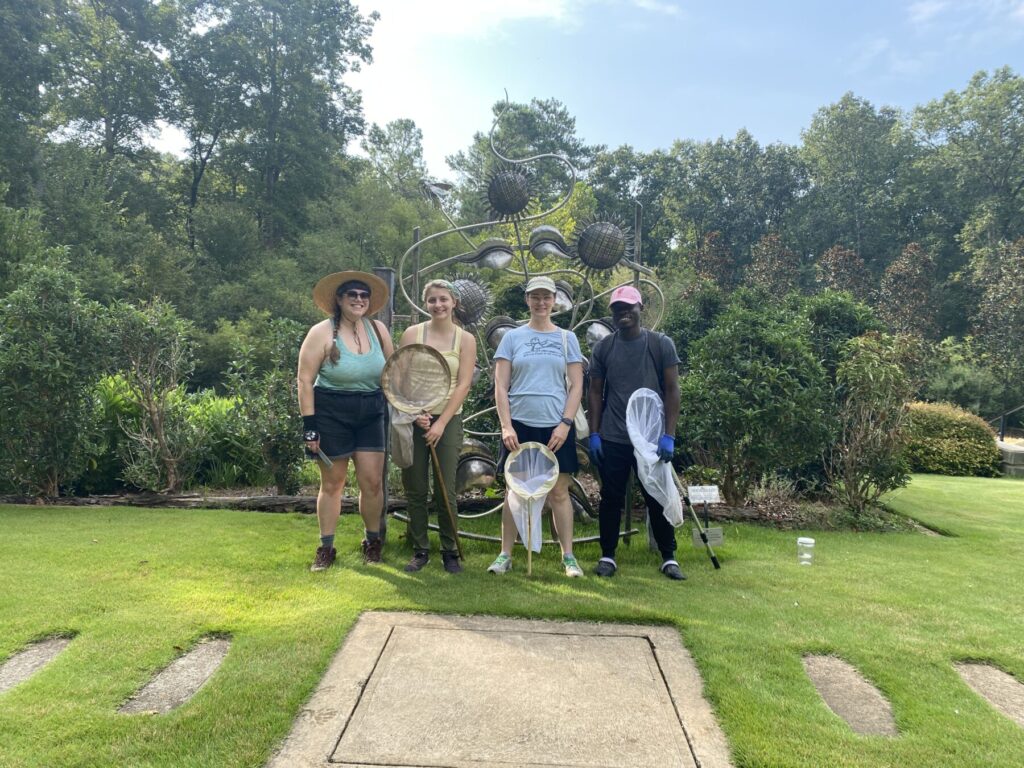
Fall 2023
Georgia Botanical Gardens